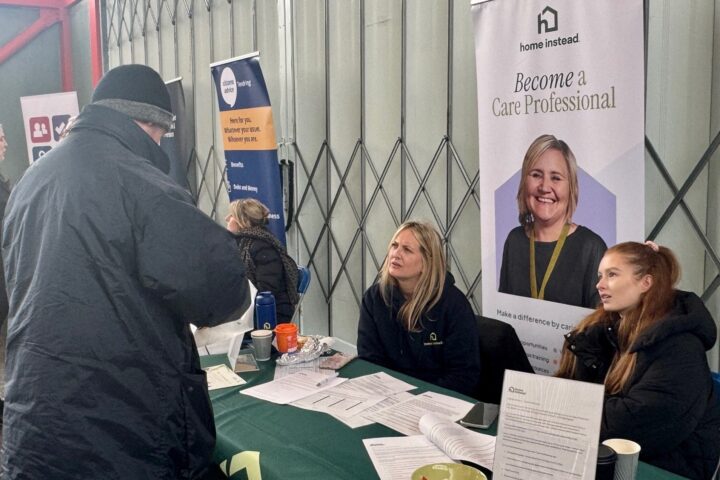One in five UK employees, equivalent to around 6.8 million people, are not receiving any form of workplace coaching or awareness-building around gender-specific issues such as menopause, fertility, or gender-based cancer screening, according to new research from Towergate Employee Benefits.
The study also highlights disparities in how support is delivered across workplace hierarchies. While 24% of employers provide coaching to line managers, only 7% extend this to the C-suite. Debra Clark, head of wellbeing at Towergate Employee Benefits, said: “It is essential to raise awareness and provide education regarding gender-specific issues in the workplace. Improvements to understanding can clearly bring a positive impact for everyone in the workforce.”
Just 18% of employers offer gender-specific coaching to all employees regardless of gender, age or seniority, compared to 30% who only provide support to those directly affected. Clark said: “It is far better to educate all about gender-specific issues than to only provide awareness and coaching for those affected. While some groups may prefer to undertake coaching in smaller groups within specific demographics, also providing overall awareness sessions for all means that employees are better able to understand and support each other.”
When asked whether current strategies were effective, only 39% of employers believed their wellbeing strategies were working to support staff. Just 36% felt they offered enough support, and fewer still, 24%, said their C-suite felt equipped to support employees. Notably, only 29% said they actively measure the success of their support strategies.
Clark added: “Gender-specific support is growing and will continue to do so. In our rapidly changing social environment, coaching and awareness-building comprise just one vital part of gender-specific support. Benefits advisers will be able to provide guidance for employers on what is available and how it can help.”












